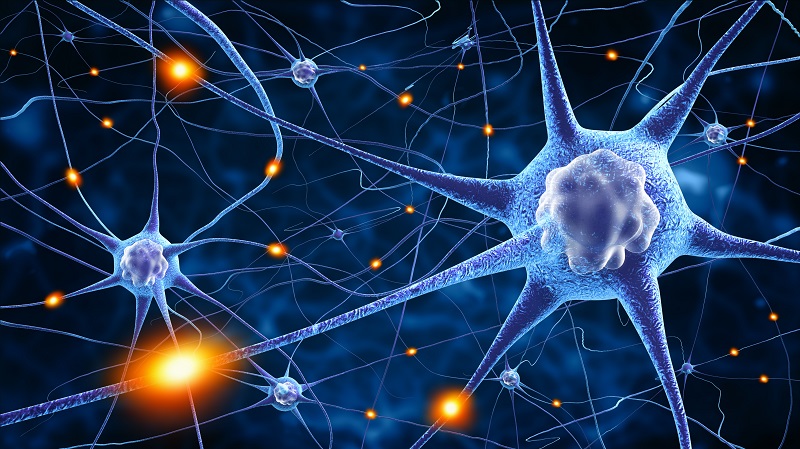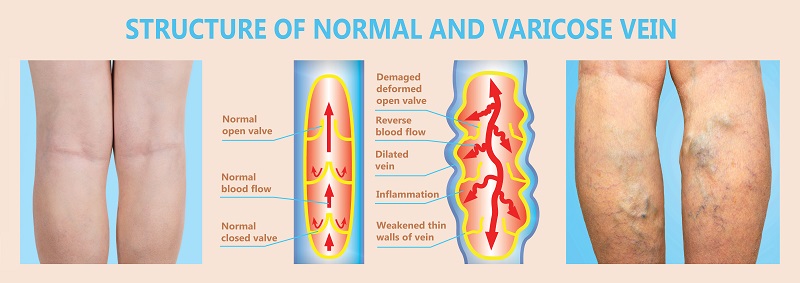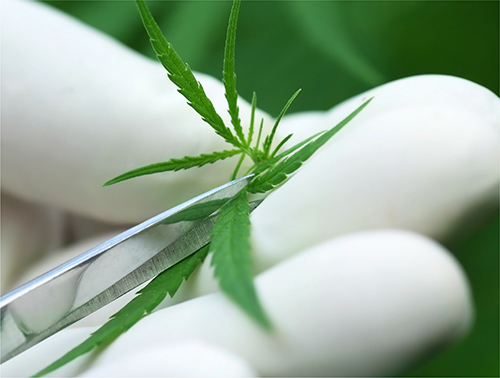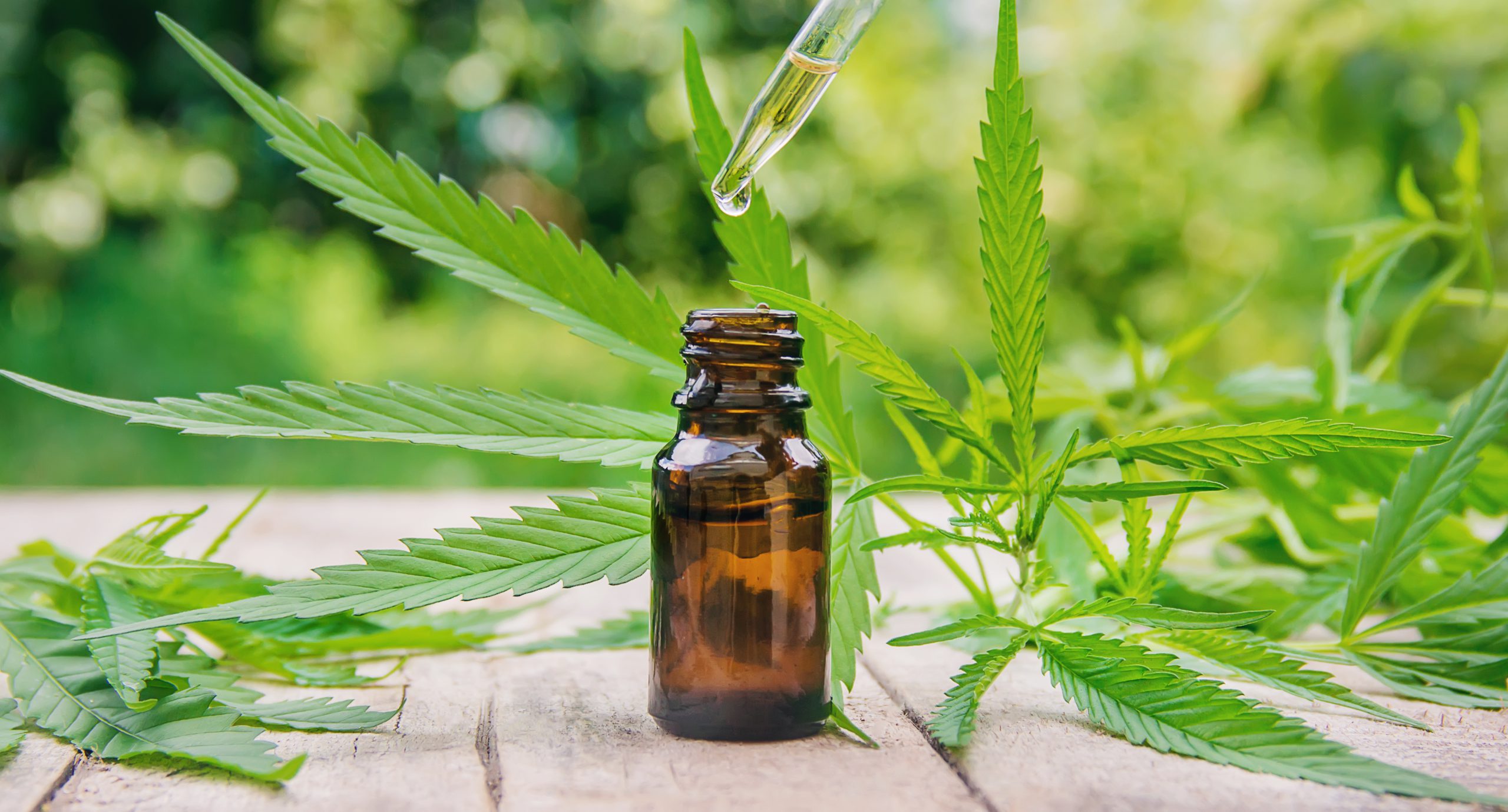How to Treat Cold Sores with Topical CBD
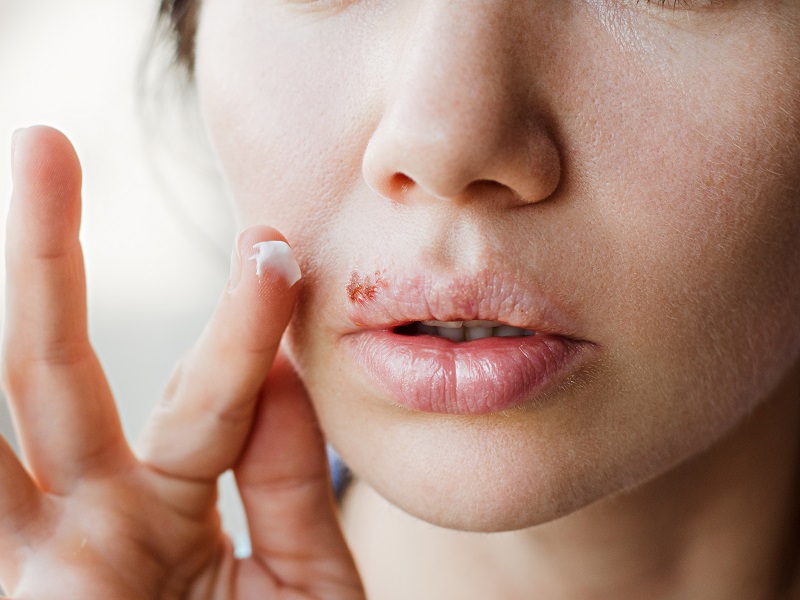
Cold sores are blister-like tiny lesions that can appear on the chin, lips, cheeks, nostrils, or at times, inside the mouth.
They cause distressing symptoms such as burning sensation, pain, and itching, and can eventually burst and start to crust.
What causes cold sores?
Also known as fever blisters, cold sores are caused by a virus called HSV-1 (herpes simplex type 1). HSV-2 or herpes simplex type 2 can also cause cold sores. Here are some of the facts related to the herpes simplex virus, according to the World Health International (WHO):
- There are two types of herpes simplex virus that include HSV-1 (herpes simplex virus type 1) and HSV-2 ( herpes simplex virus type 2).
- The main method of transmission of HSV-1 is through oral contact. This virus causes oral herpes that lead to “cold sores.” However, genital herpes can also be caused by HSV-1.
- HSV-2 causes genital herpes and is a sexually transmitted condition.
- Infections caused by HSV-1 and HSV-2 are lifelong.
- Globally, about 67% or 3.7 billion people below 50 years of age have HSV-1 related infection.
- Close to 11% of the global population or 417 million people between the ages of 15 and 49 have HSV-2 related infection.
- Most genital and oral herpes infections do not cause any symptoms (asymptomatic).
- Common symptoms of HSV-1 or HSV-2 infections are painful ulcers or blisters on the infected area.
- Infections caused by HSV-1 and HSV-2 are highly contagious at the time when symptoms are present. However, the infection can still be transmitted even in the absence of symptoms.
- HSV-2 infection is associated with an increased risk of acquisition of HIV infection.
- While genital herpes can be caused by either HSV-1 or HSV-2, a large majority of infections globally are due to HSV-2 infection.
- The herpes simplex virus has the ability to avoid being removed by the immune system. The virus does so by entering into a phase of latency, which is a non-replicating state that results in lifelong infection. Reactivation of the virus from the latency state can occur periodically whenever immunity is weakened or due to other extrinsic factors that can cause shedding of the virus from the initial infection site.
Symptoms of herpes simplex infection
Oral herpes caused by HSV-1 is mostly asymptomatic, and many of those who have contracted HSV-1 are unaware of being infected. Symptoms, when they appear, are commonly painful open sores or blisters that are also called ulcers around the mouth or at times, inside the mouth. Sores that occur on the lips are referred to as “cold sores.” People who have cold sores experience burning, itching, and tingling sensation before the sores appear. After the initial infection, these blisters and sores can recur periodically, although the frequency of these relapses varies in each individual.
Genital herpes that is caused by herpes simplex type-1 virus can also be asymptomatic or, at times, have very mild symptoms that typically go unnoticed. The symptoms, when they occur, are similar to oral herpes and cause single or multiple ulcers or blisters in the genital area. Genital herpes can also recur, although these recurrences are not as common as oral herpes.
Complications of herpes simplex infection
When herpes simplex infection is undetected and untreated, it can lead to complications in some people.
Severe disease – Certain health conditions can weaken the immune system, which can lead to severe symptoms of HSV-1 infection, apart from a higher risk of having more frequent recurrences. Although rare, infection with HSV-1 can lead to chronic complications, including keratitis, which is an eye infection, and encephalitis (infection in the brain).
Neonatal herpes – Neonatal herpes refers to an infant’s exposure to HSV infection during delivery in the genital tract. While this is not a common condition, as per the WHO estimates, it is seen globally in ten out of 100,000 births. Neonatal herpes causes neurologic disability that is lifelong or even death. If the mother has acquired HSV infection in her late pregnancy for the first time, neonatal herpes infection risk is higher.
Psychosocial repercussions – Oral herpes is associated with symptoms that are uncomfortable and distressing. Recurring symptoms may cause depression and lead to social stigma. Both oral and genital herpes can affect the quality of life and relationships.
Herpes simplex virus can cause recurrent infections that lead to cell destruction on the skin that leads to an innate inflammatory reaction. In some immune-compromised patients, the inflammatory response can become prolonged as the body is not able to remove the HSV-1. The morbidity linked to herpes simplex is associated with the inflammatory response that leads to lesions and scar development. Pro-inflammatory chemokines and cytokines play major roles in cold sores.
CBD for cold sores
A herpes simplex infection and its recurrence is most common when the immune system is at its lowest point, such as during illnesses like flu or when a person is under considerable emotional stress. Certain medications are used to suppress the immune system in specific health conditions such as organ transplants or certain cancers.
When the herpes simplex virus invades mucosal membranes and surrounding tissue, it leads to severe damage of the cells. This damage triggers a response from the white blood cells, which then mounts an attack that leads to herpes cold sores appearance, inflammation, pain, itching, and burning sensations.
Cannabinoids, particularly cannabidiol (CBD), have been found to have therapeutic properties in treating cold sores. Cannabinoids are a group of compounds found in the Cannabis Sativa plant. Cannabidiol or CBD is one such therapeutic compound that is integrated into topical skincare products such as facial serum, sleeping mask, eye serum, cleansing balm, and pain relief spray. Cannabidiol functions by influencing the endocannabinoid system that has receptors spread across all tissues and cells in the body. The endocannabinoid system plays a key role in regulating wide-ranging physiologic processes in the human body, including sleep, metabolism, immune function, mood, energy, and fertility.
Topical CBD-integrated products are known to reduce inflammation and pain that are two of the most distressing symptoms linked to cold sores. The topical administration of CBD is known to make the active ingredient more bio-available as the normal metabolic pathways are bypassed.
What are cannabinoids?
Cannabinoids (CBD) are one of the many compounds found in the cannabis plant and are similar to naturally occurring endocannabinoids in the human body.
The endocannabinoid system comprises of endocannabinoids and cannabinoid receptors. Endocannabinoids are neurotransmitters that bind to cannabinoid receptors spread across all tissues of the body. There are two cannabinoid receptor types- CB1 and CB2. While CB1 is concentrated in the brain, CB2 is abundant in peripheral tissues, gastrointestinal system, and in the immune system. The ECS thus influences a wide range of cellular processes, including growth, division, cell differentiation, hormone production, and cell death. The ECS also regulates multiple biological functions such as appetite, mood, energy, metabolism, immune response, pain, or pleasure sensation. Lack of or deficiency of endocannabinoids can upset the delicate balance of the ECS, leading to chronic conditions such as irritable bowel syndrome, fibromyalgia, allergic dermatitis, psoriasis, herpes, or acne.
Activation of CB2 receptors exerts anti-inflammatory effects. Through an indirect and complex mechanism, CBD activates cannabinoid receptors and may also prevent the breakdown of endocannabinoids, making it a suitable therapeutic agent in addressing inflammatory skin processes, including cold sores.
How topical CBD creams and lotions can treat cold sores
Researchers evaluated the anti-inflammatory properties of cannabinoids and found that topical CBD administration was effective in exerting anti-inflammatory actions on the skin. The complex anti-inflammatory actions of CBD are attributed to inhibition of NF-κB signaling. As a transcription factor (a protein that regulates how fast the genetic information from DNA is transferred to messenger RNA in a cell), NF-κB is involved in the initiation of an inflammatory cascade.
This protein controls the expression of pro-inflammatory factors, including chemokines and cytokines, including interleukins, interferons, tumor necrosis factors, and lymphokines.
Due to its combined sebostatic (control of oil production in the skin) and anti-inflammatory actions, researchers recommended topical CBD to treat inflammatory conditions, such as acne vulgaris.
Being derived from cannabis plants, cannabinoids possess potent antioxidant properties. The antioxidant activity of CBD-infused sleeping mask, facial cream, body lotion, or oils is much more than those of the well-established natural antioxidants such as vitamin C, E, resveratrol, and EGCG (epigallocatechin-3-gallate). CBD’s ability to neutralize free radicals makes it a suitable therapeutic agent to treat cold sores and other inflammatory skin conditions.
Studies have focused on the anti-inflammatory properties of CBD and its application in treating many chronic skin conditions such as psoriasis, eczema (atopic dermatitis), and acne vulgaris.
CBD topical application has been found to reduce itchiness, puffiness, soreness, and redness that are characteristic of skin conditions such as cold sores, psoriasis, rosacea, and eczema.
Cytokines not only initiate inflammation but are also responsible for ending it. Researchers believe cannabinoids control inflammation by controlling cytokine production in immune cells.
A study conducted in 2018 featured in the Journal of Pharmacology and Experimental Therapeutics highlighted the anti-inflammatory effects of CBD. In experimental models, the researchers found that CBD regulates the responses of the immune system by controlling the production of cytokines that are one of the key pro-inflammatory substances.
CB2 receptor activation is linked to reduced production of MCP-2 or monocyte chemotactic protein-2 that causes inflammation and allergies in response to an infection. Researchers showed that CBD was effective in minimizing the production of MCP-2 while also reducing the release of pro-inflammatory agents, including tumor necrosis factor-α, interleukin(IL)-6, and IL-8. CBD, according to researchers, addresses inflammation without causing cytotoxic effects.
Another research published in the British Journal of Pharmacology studied the efficacy of CBD in reducing acute inflammation in animal models. It was found that CBD has the potential to reduce acute inflammation and pain and is a suitable pharmacological alternative for treating such symptoms.
Researchers have also found evidence that CBD is effective in reducing chronic inflammation.
Palmieri et al explored topical CBD’s therapeutic effects in a 2019 study on chronic inflammatory skin conditions. The researchers observed that the daily application of CBD cream twice for three months’ duration led to significant improvement in all inflammation-associated symptoms such as soreness, redness, and itchiness. The study concluded that topical CBD is a safe, non-invasive way to improve the quality of life and treat inflammatory skin conditions.
Selecting the right topical CBD product for treating cold sores
While many reputed researchers are exploring novel ways to deliver therapeutic cannabinoids into the bloodstream, available evidence suggests that the bio-availability of oral cannabinoids is low. This has led to extensive research into transdermal or topical methods of administration.
The absorption of cannabinoids administered orally or as inhalation is influenced by many factors, including recent eating, vaporizer temperature, the depth of inhalation, and the duration of holding the breath. For oral administration of CBD, the absorption rate for these methods is found to vary between 20 and 30%, while for inhaled CBD, the absorption ranges from 10 to 60%.
Transdermal administration through CBD-infused products such as facial cream, eye serum, sleeping mask, or body lotions offers numerous advantages. This method of CBD administration avoids the metabolic effects of the oral route, which enhances drug bio-availability. Additionally, topical administration enables a steady dose of CBD to be delivered for longer periods of time without the risk of over-dosage that is linked to oral routes of administration.
As herpes is associated with localized symptoms, topical administration is found to be ideally suited to treat such skin conditions.
The best way to treat cold sores is with topical CBD products such as facial creams, ointments, sleeping masks, or CBD lotions directly on the sore. Another effective way of using CBD for herpes is with CBD oils that are also applied directly to the cold sores. These topical CBD products are able to fight HSV pathogens, reduce inflammation, and heal blisters faster.
Before you start using CBD topical products for cold sores, it is important to pay close attention to the source and quality of the product. National regulatory agencies such as the U.S. FDA has issued warning letters to some companies for misleading advertisements where the CBD topical product contains none or very little of the active ingredient, which is the cannabinoid. The first step is to choose a brand that is most reputable, reliable, and has been engaged in extensive research with respect to CBD. Review the website to see if the company has a highly experienced and qualified R&D team with extensive domain expertise.
The ideal brand is one that has developed premium lines of cosmetic and dermatology products that contain a tailored blend of the optimal concentration of active cannabinoids.
More articles:


